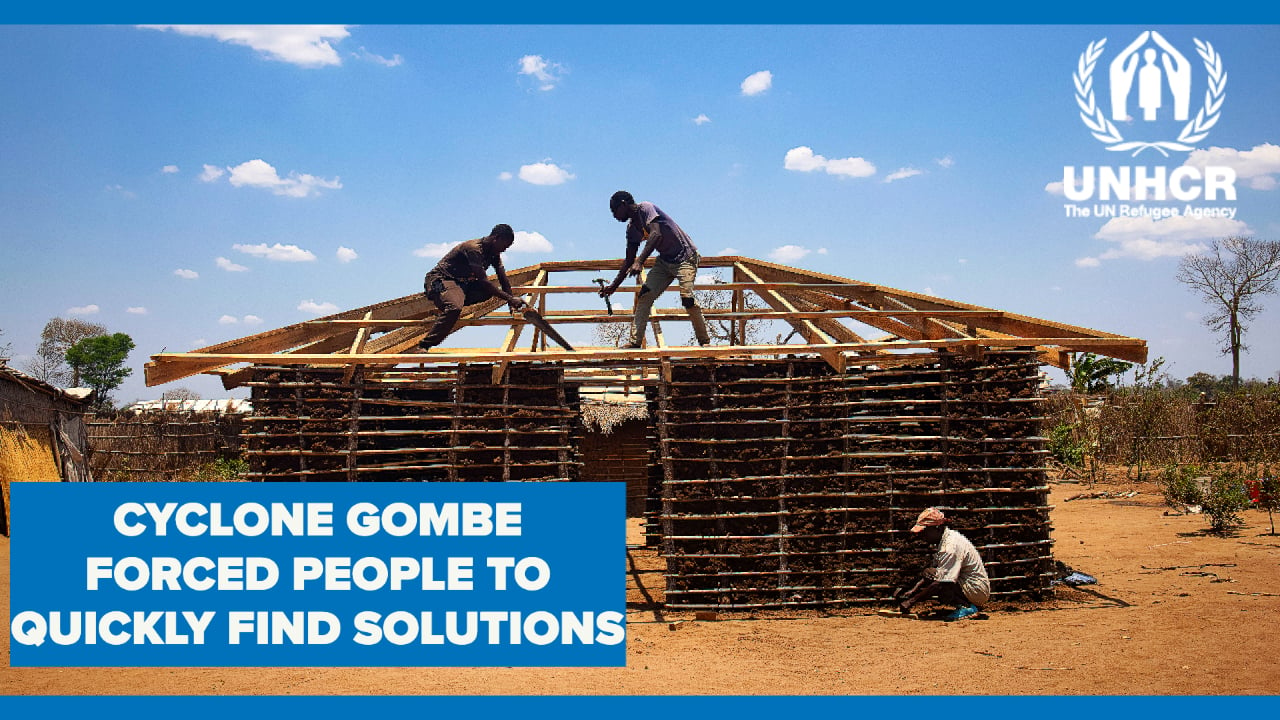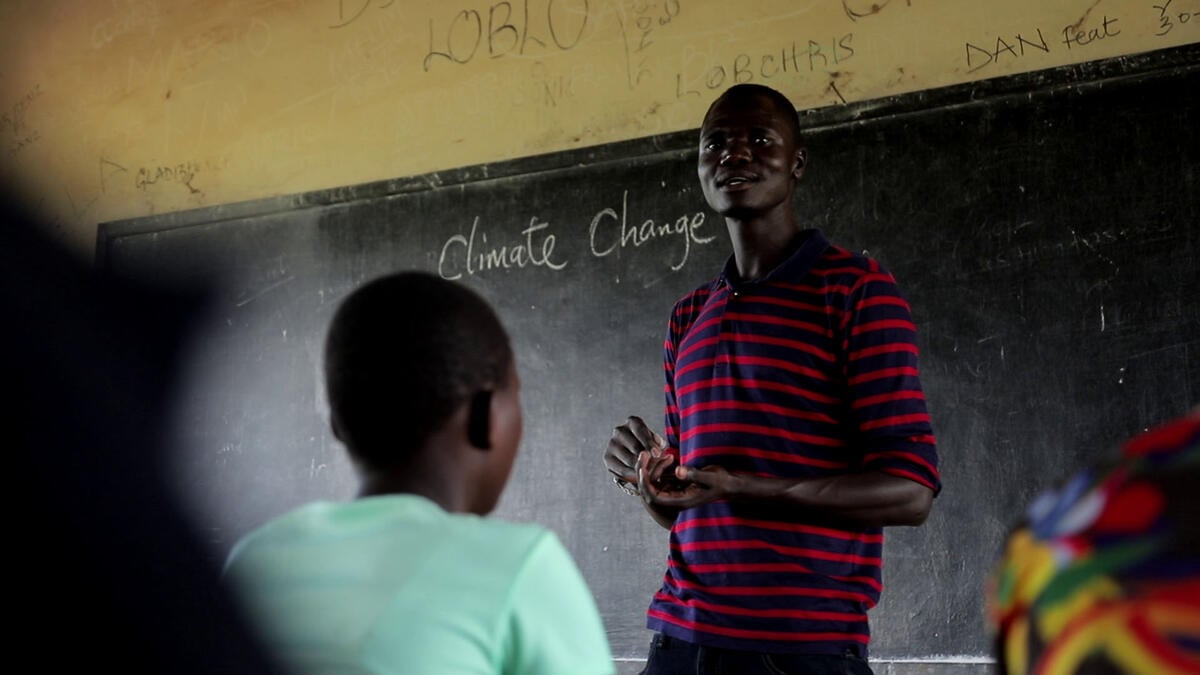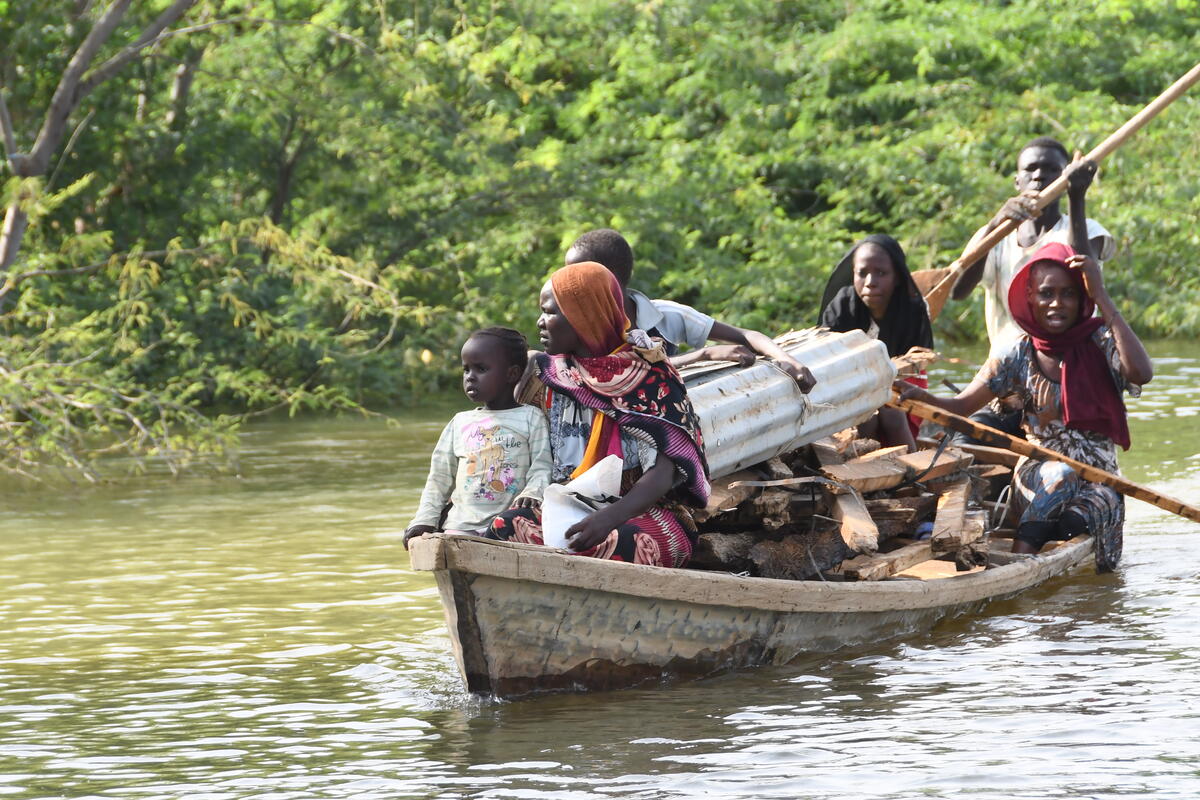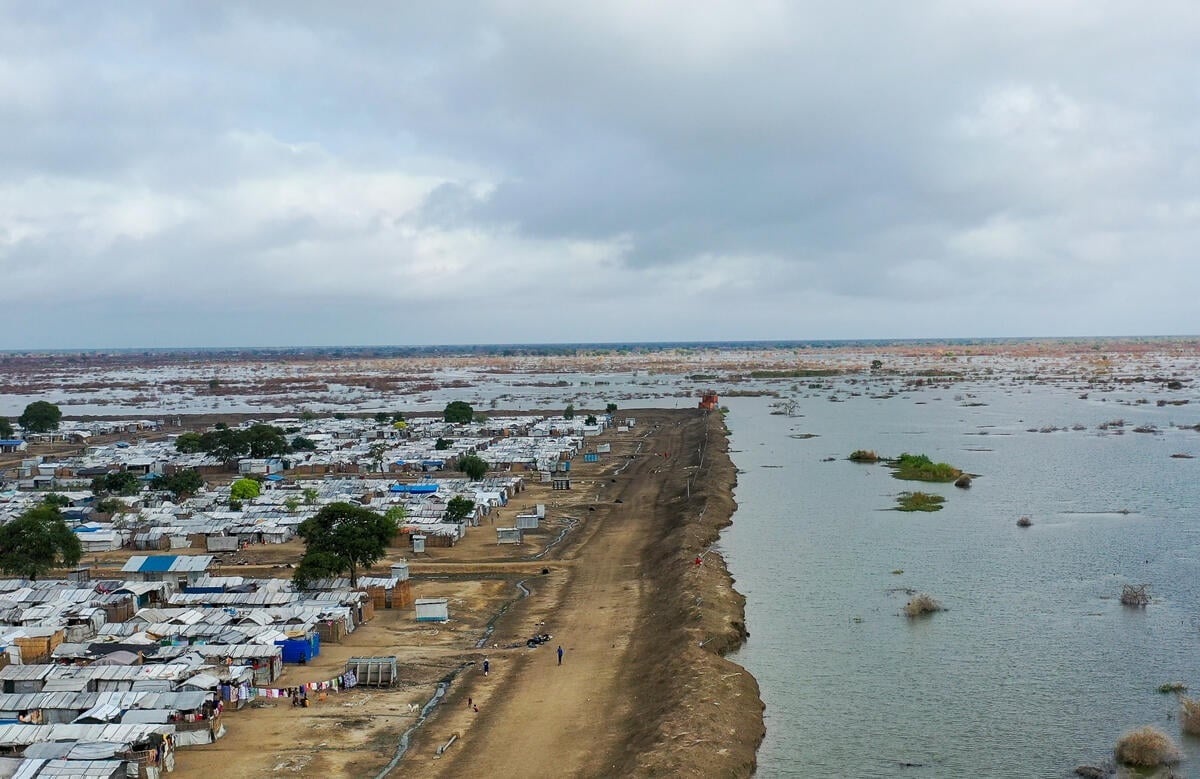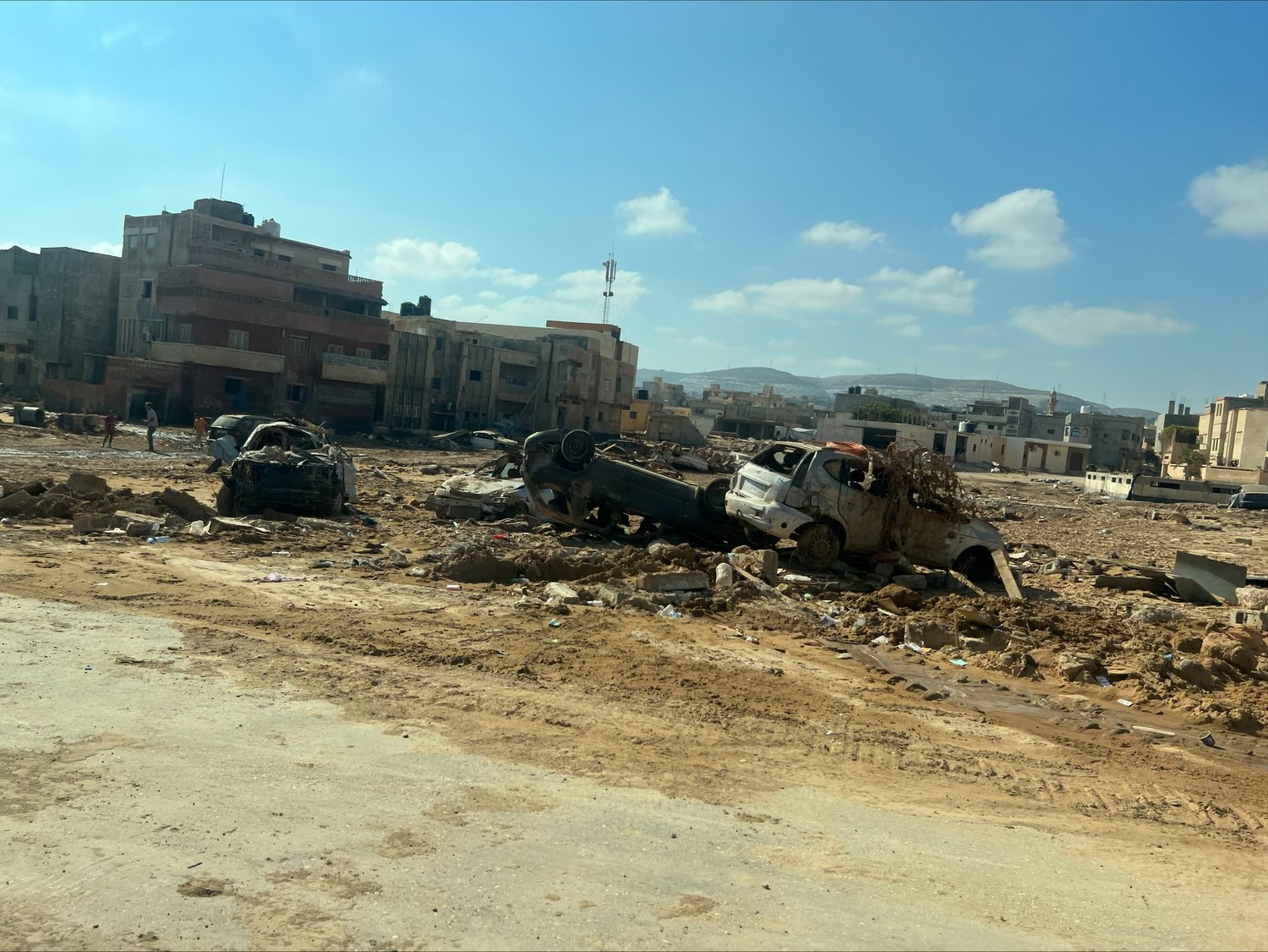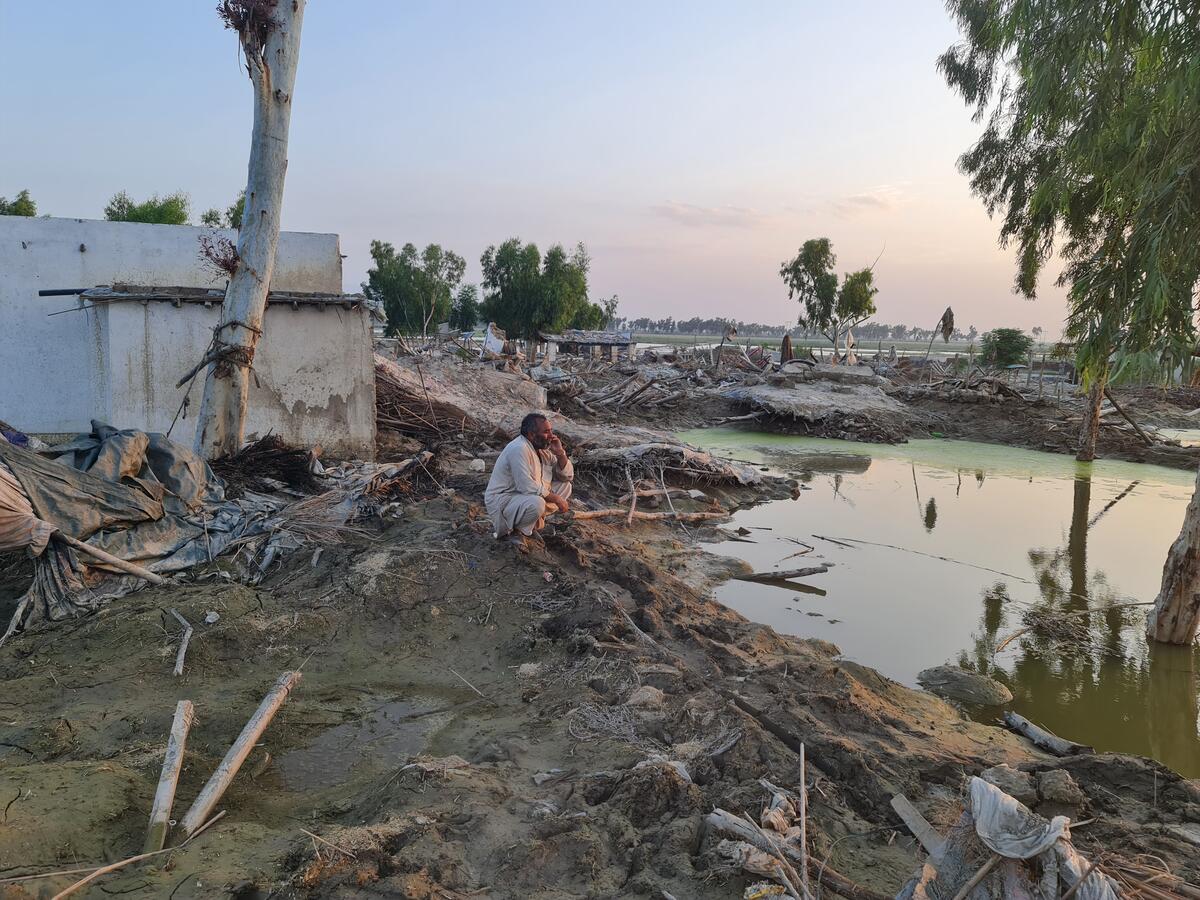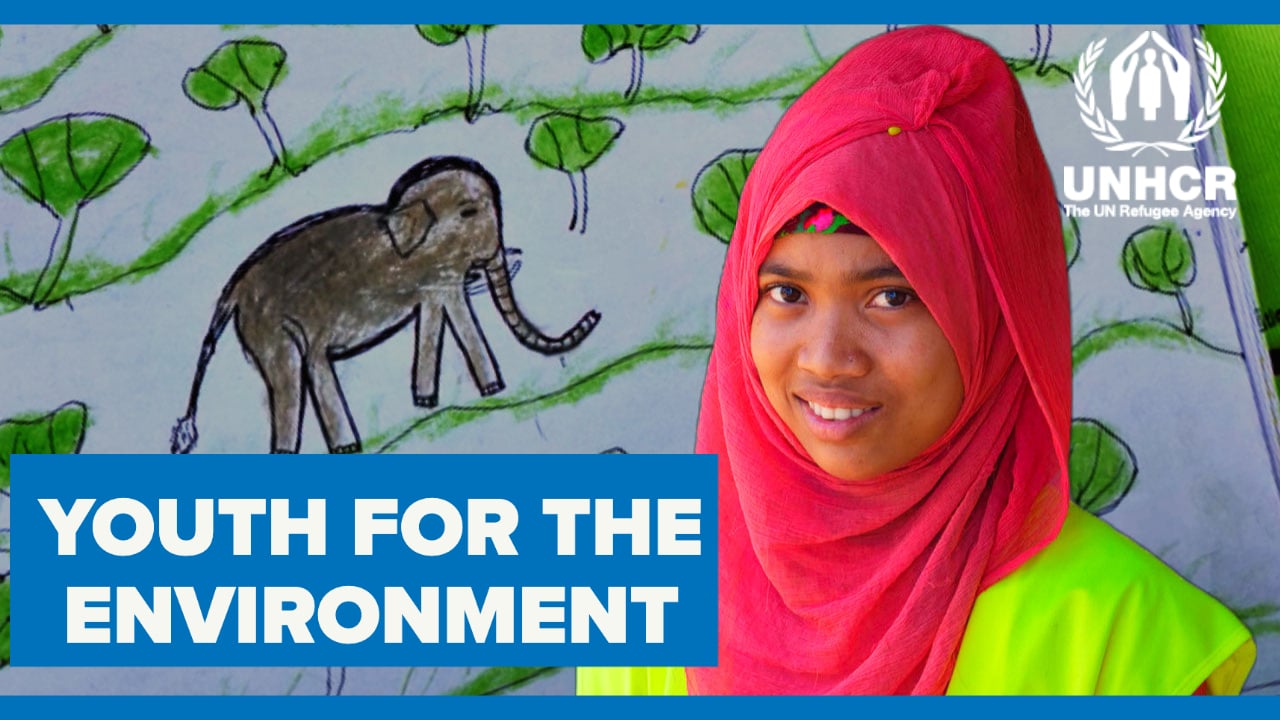Refugee baker joins Ecuador earthquake relief effort
Refugee baker joins Ecuador earthquake relief effort

PEDERNALES, Ecuador, May 13 (UNHCR) - Colombian refugee Carlos bakes for a living. So when an earthquake struck Ecuador last month leaving thousands without homes, he stepped up to help the best way he knew how: making bread.
Reaching for a sack of flour and water, he baked a first batch of 1,000 rolls to help feed families in the Pacific Coast region of Ecuador who were dislodged by the 7.8 magnitude tremor that struck last month. Another batch of 2,000 loaves followed.
"This country has given us a second chance after having lived under so much danger. So we want to thank the Ecuadorians," says Carlos as he mixed up another batch of dough. "We know what it feels like to lose our home all of a sudden."
The April 16 quake was the worst disaster to strike the Andean nation in seven decades. It killed at least 660 people and left around 30,000 people in immediate need of shelter.
Carlos is among more than 200,000 refugees who have sought asylum in Ecuador since the millennium, most, like him, from Colombia. Like many who lost their homes in the worst affected areas including Pedernales, Manta and Portoviejo, he just wanted to help.
"What I possess is my ability to work," the 32-year-old explains. "We have little, we are also in need. But at least we are alive, we are together."
In the immediate aftermath of the quake, UNHCR, the UN Refugee Agency, dispatched two cargo aircraft to Ecuador packed with 200 tons of humanitarian aid, including 900 tents, 6,100 solar powered lamps and more than 7,000 plastic sheets.
Working closely with Ecuadorian authorities, staff distributed other items including 18,000 mosquito nets - in view of the Zika virus risk and other mosquito-borne diseases - as well as 7,000 jerry cans to collect water, and kitchen utensils.
UNHCR and its partner HIAS, the global Jewish non-profit that works to protect refugees, also supported Carlos in his effort to feed some of the 200 residents of a temporary shelter - called "Nueva Esperanza," or "New Hope." For displaced Ecuadorian mother Rosa, who lost her home in the quake, the warm loaves are a reminder of a shattered routine.
"Before the earthquake, we would have coffee and eggs for breakfast while thinking of the day of work in front of us," she told UNHCR. "Now, we wake up with fear as the uncertainty stays with us."
To help Ecuador get back on its feet, the United Nations and its humanitarian partners have launched an appeal for international assistance of US $72.7 million, with the aim of providing aid to around 350,000 people over a period of three months.
"Ecuador has shown solidarity with the refugee population during the last decades. UNHCR has been wanting to give some of that solidarity back in one way or the other," says Maria Clara Martin, UNHCR's representative in Ecuador.
To help provide life-saving aid to families in Ecuador, please donate now.
By Sonia Aguilar in Ecuador


